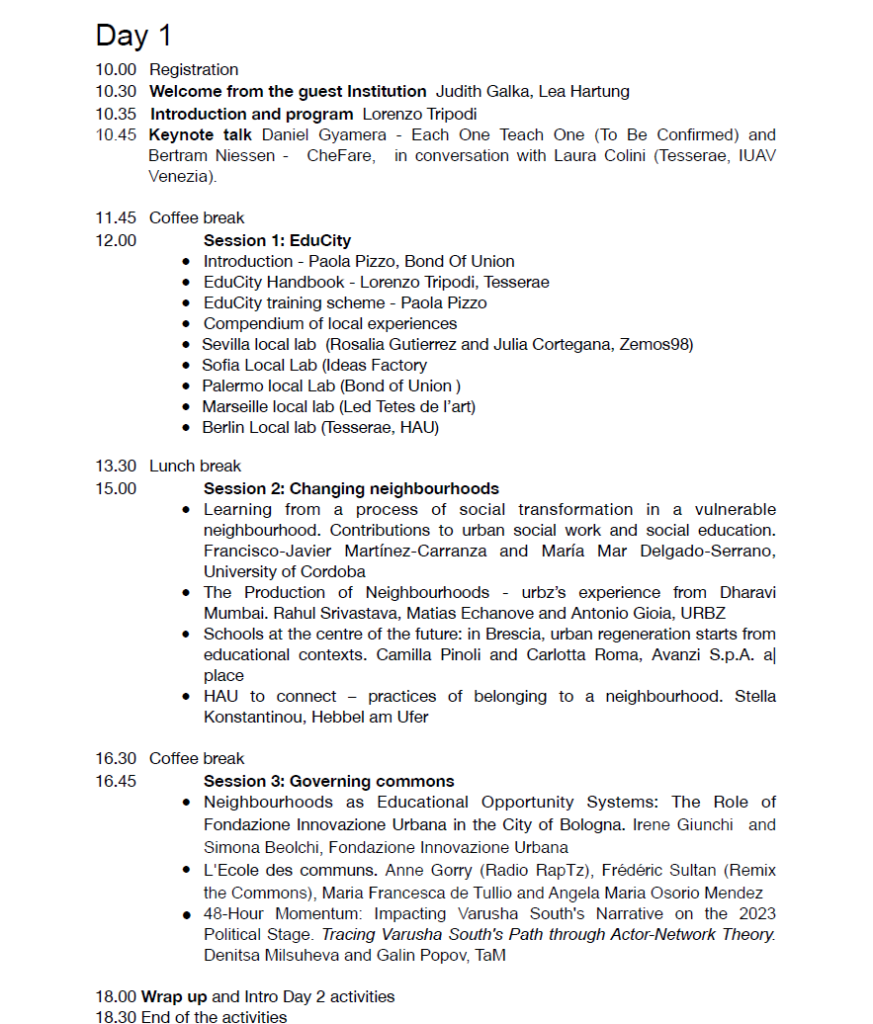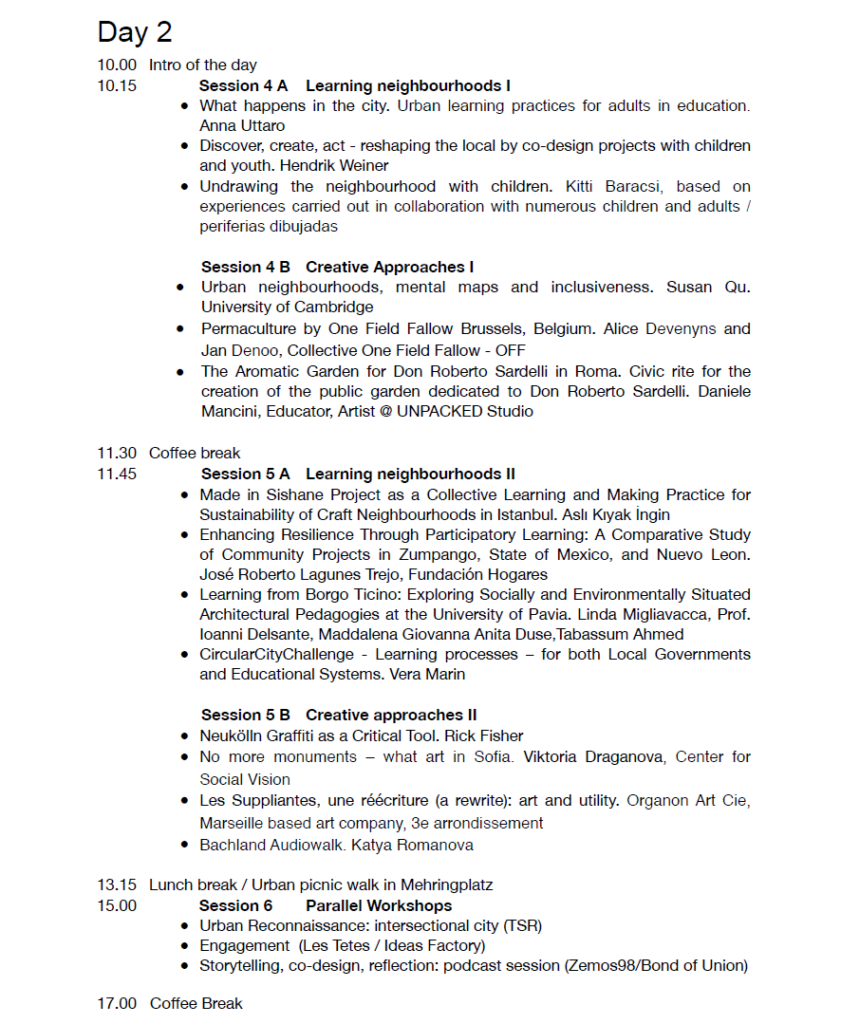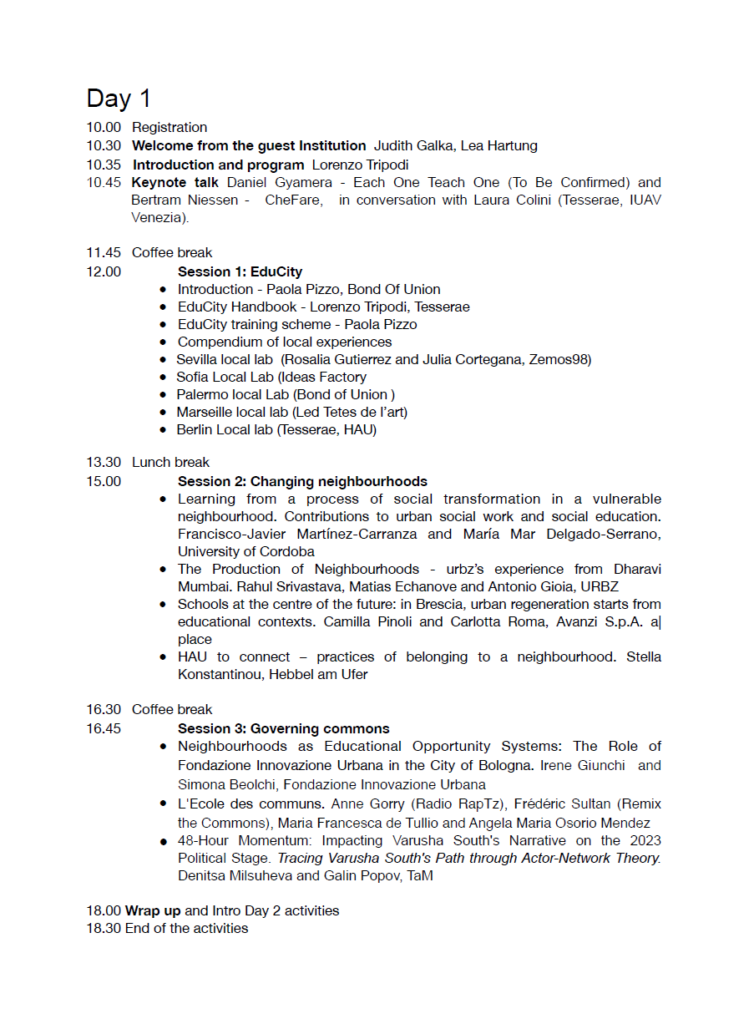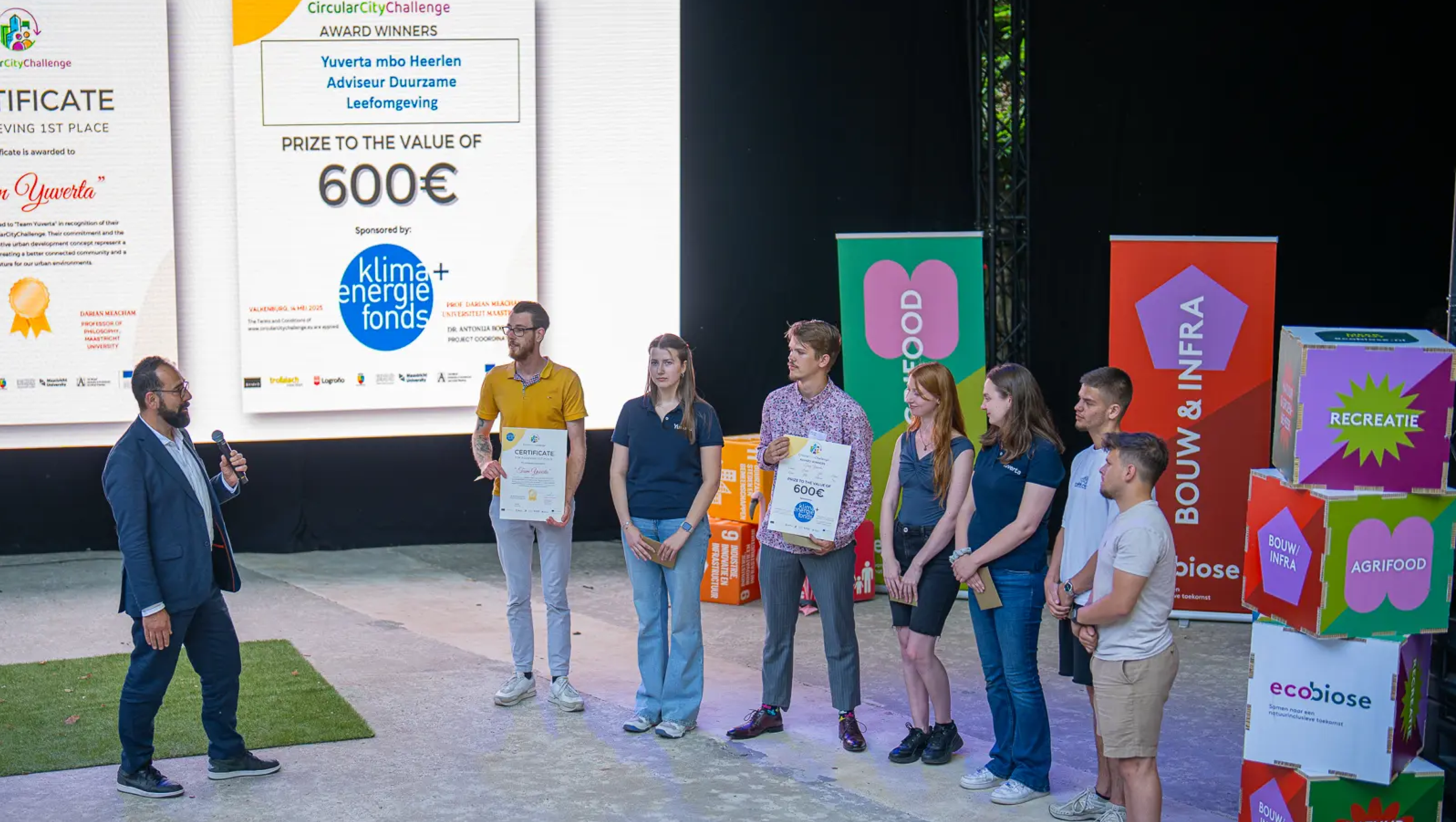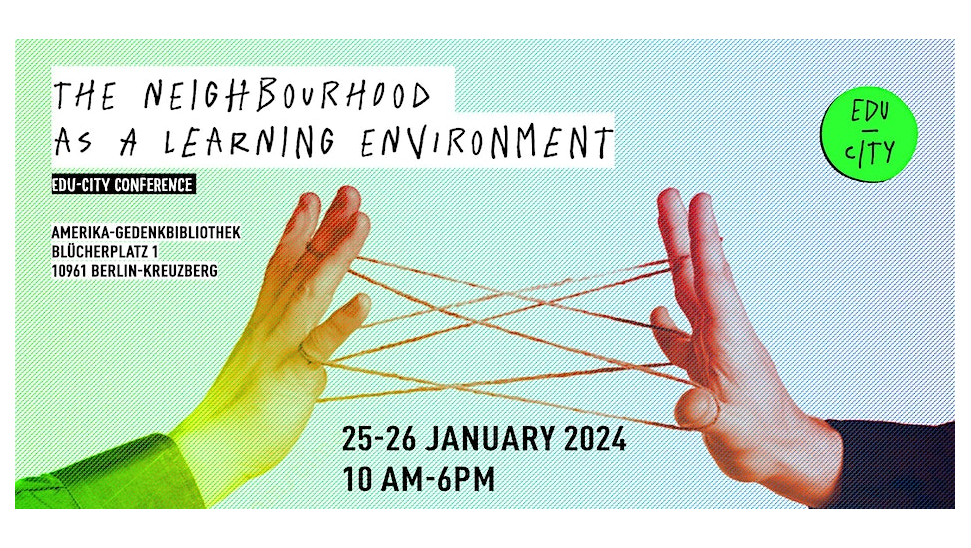
Announcement: CCC will be at the EduCity Conference
The conference is the final event of the EduCity Erasmus plus and will present results and learnings of the project all along with papers connected with the topic, keynote talks, workshops and field explorations.
It will be held in the new pop-up space of the Amerikagedenk Bibliothek, the public library of Berlin Kreuzberg . The Edu-City conference looks at the neighbourhood dimension and the potential of neighbourhoods as spaces for social engagement. It will present ideas and tools to exploit the neighbourhood as an active site for mutual learning, innovation and capacity building.
You can read all about it here: EduCityConference Website
CircularCityChallenge – project based learning for both Local Governments
and Educational Systems
Vera Marin
CircularCityChallenge is an applied research project (JPI Urban Europe) in which the
international consortium has created a pilot competition for testing a method of getting
highschool pupils understanding and acting for more circularity in their cities. The
experiment with this competition will be the basis for a curriculum proposal and also a
roadmap for using these ideas within the education system but also for creating more
opportunities for partnerships between formal education institutions and other local level
stakeholders who are relevant in the quest for circularity in our cities.
Educators are looking for new methods and also for introducing the education for
sustainable development (ESD) content to their pupils. Although project based learning is
not easy to implement in the formal education system, it is emphasised by recent
orientations that young people need to have more autonomy and more connections to the
real world complexity.
At the same time, ambitious local governments are searching for ways to interest young
people in the decision making mechanisms and in getting them involved. Local policies for
sustainability emphasise on this search for circularity and the examples show that circularity
only happens when the connections among the local stakeholders are strong. Hence, more
changes in the behaviour of the citizens are needed in order to close more loops.
But youth avoid the local politicians and just by telling them to pay attention to the processes
in the local council is NOT the way to go for getting their interest. Civic education is not so
connected with their everyday life. But their every day public spaces and public equipments
are the missing link and they are interested by what each of us can do for less carbon
footprint for instance.
Hence, CircularCityChallenge experiment (https://circularcitychallenge.eu/) is intended to get
YOUTH closer to decision making processes because of pushing for their own ideas for
more circularity in their neighbourhoods.
keywords: youth civic education and their everyday spaces, circular cities = circular public
services, local policies for circularity
Schedule
